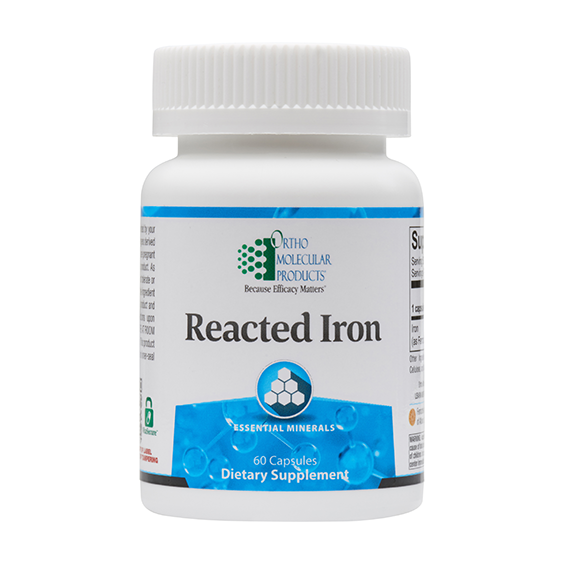Hair Loss
Alopecia is the term used for hair loss. There can be many reasons for alopecia, and your doctor is best equipped to determine what type of hair loss you have. Hair loss can be a result of genetics, thyroid abnormality, autoimmune problems, or a deficiency in iron, vitamin D, or zinc.
It is normal for you to shed between 50 and 100 hairs a day. When the body sheds significantly more hairs every day, a person has excessive hair shedding. The medical term for this condition is telogen effluvium.
Excessive hair shedding is common in people who have experienced one the following stressors:
As your body readjusts, the excessive shedding stops. Within six to nine months, the hair tends to regains its normal fullness. If the stressor stays with you, however, hair shedding can be long lived. People who are constantly under a lot of stress can have long-term excessive hair shedding.
Hair loss differs from hair shedding. Hair loss occurs when something stops the hair from growing. The medical term for this condition is anagen effluvium. The most common causes of hair loss include:
If you have hair loss, your hair will not grow until the cause stops. For example, people who undergo chemotherapy or radiation treatments often lose a lot of hair. When the treatment stops, their hair tends to regrow. If you suspect that a treatment or drug is causing your hair loss, talk with your doctor. Serious side effects can occur if you immediately stop a treatment or drug.
Other causes of hair loss may require treatment. Many people who have hereditary hair loss continue to lose hair without treatment. A woman who inherits the genes for hereditary hair loss may notice gradual thinning. Men who have hereditary hair loss tend to develop a receding hairline or bald patch that begins in the center of the scalp.
Treatment helps many people who have hair loss, but not everyone. A dermatologist can tell you what to expect.
Popular treatments for hair loss include the following:
It is normal for you to shed between 50 and 100 hairs a day. When the body sheds significantly more hairs every day, a person has excessive hair shedding. The medical term for this condition is telogen effluvium.
Excessive hair shedding is common in people who have experienced one the following stressors:
- Lost 20 pounds or more
- Given birth
- Experiencing lots of stress (caring for a loved one who is sick, going through a divorce, losing a job)
- Had high fever
- Undergone an operation
- Recovering from an illness, especially if it included high fever
- Stopped taking birth-control pills
- After getting Covid
As your body readjusts, the excessive shedding stops. Within six to nine months, the hair tends to regains its normal fullness. If the stressor stays with you, however, hair shedding can be long lived. People who are constantly under a lot of stress can have long-term excessive hair shedding.
Hair loss differs from hair shedding. Hair loss occurs when something stops the hair from growing. The medical term for this condition is anagen effluvium. The most common causes of hair loss include:
- Hereditary hair loss (male and female pattern baldness)
- Immune system overreacts
- Some drugs and treatments
- Hairstyles that pull on the hair
- Harsh hair-care products
- Compulsion to pull out one’s hair
If you have hair loss, your hair will not grow until the cause stops. For example, people who undergo chemotherapy or radiation treatments often lose a lot of hair. When the treatment stops, their hair tends to regrow. If you suspect that a treatment or drug is causing your hair loss, talk with your doctor. Serious side effects can occur if you immediately stop a treatment or drug.
Other causes of hair loss may require treatment. Many people who have hereditary hair loss continue to lose hair without treatment. A woman who inherits the genes for hereditary hair loss may notice gradual thinning. Men who have hereditary hair loss tend to develop a receding hairline or bald patch that begins in the center of the scalp.
Treatment helps many people who have hair loss, but not everyone. A dermatologist can tell you what to expect.
Popular treatments for hair loss include the following:
- Using a topical treatment called minoxidil
- Using hair vitamins like Nutrafol or Viviscal Professional Strength
- Taking collagen supplements
- Supplementing essential nutrients such as Iron, Zinc, or Vitamin D if you are deficient in them
- Laser or LED Light Caps to stimulate hair growth.
www.revian.com





